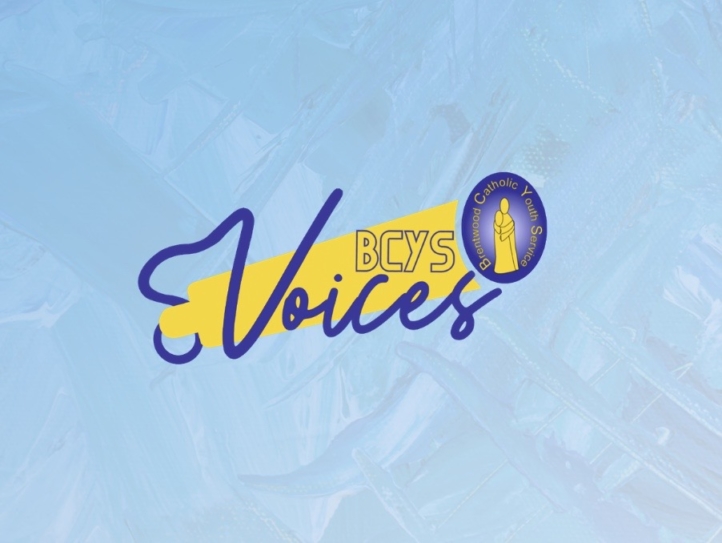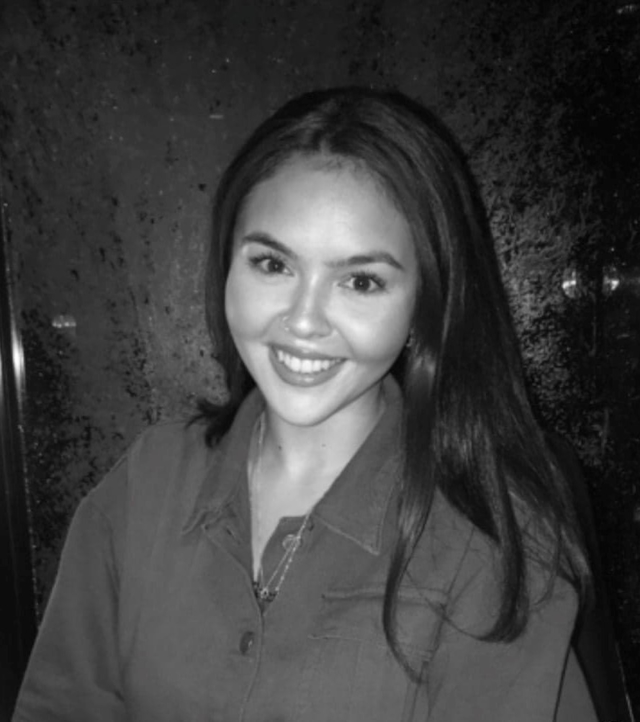Pope Francis says to us, “Dear young people, God has given you great gifts. Dare to dream of great things.” At the World Youth Day in Brazil he encouraged us to “make a noise.”
Our Catholic faith has much to offer when we consider the key issues of the moment – and we are fortunate to have some wonderful speakers who were once young people within the BCYS, now immersed in these issues. They will present a series of “BCYS Voices” to bring their experience and insight to help us to see where we can “dare to dream” as we apply our faith to the way we live our lives in 2020 and 2021.
Each new episode of “BCYS voices” (of approximately 45 minutes, including time for you to reflect about what is being said) goes live on YouTube each month.

Our January “BCYS Voice” will be Leila Bousbaa, former Walsingham House Volunteer, BCYS Lourdes Young Person and Leader, with extensive experience on climate issues, talking about the Catholic response to climate change.

Leila cares deeply about our world and especially how it is affected by climate change. She has this to say about the subject:
“To me, climate change was something only middle-class people spoke about. It felt distant and irrelevant to me and my community. When bicycle lanes were beginning to be painted onto the estate’s streets, we knew it was the first step of gentrification. Instead of making upcycling, recycling and cutting emissions accessible and affordable for working class communities, the government uproot us, build unaffordable housing and the cycle of inequality is never broken.
What confirmed my passion and motivated me to take direct action was that I didn’t see enough people like me campaigning on the issue. From a young age injustice and inequality has always made me feel deeply uncomfortable. It was only when I attended university and started to form my own views, that I got a sense of climate injustice, how our actions are affecting the world’s poorest, the people who contribute the least to climate change. High level political decisions on combating climate change are made without marginalised voices being heard or represented. Where are the indigenous voices? Where are the voices of those from estates that need the most financial support to decarbonise, or the voices of women from around the globe that will feel this impacts disproportionately? These are the people that pay the price for the developed world’s actions.”
